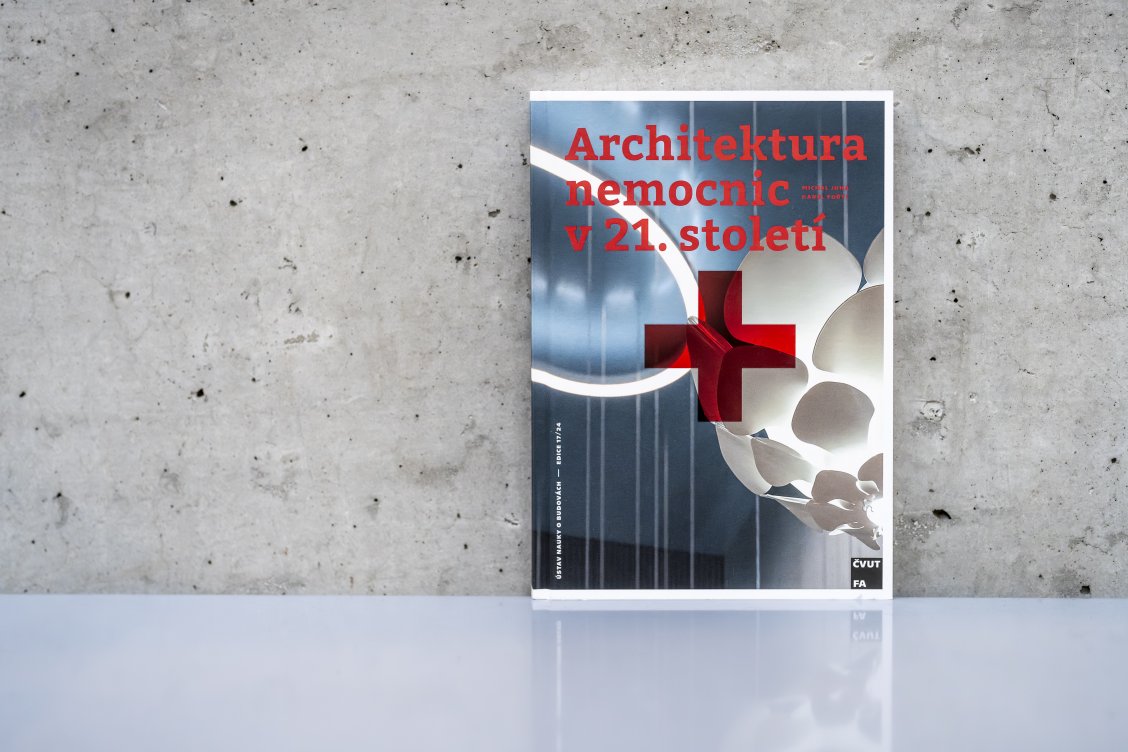Medical buildings are one of the most complex architectural disciplines. The scientific development of medicine and related disciplines brings with it new requirements that need to be answered by new architectural and technological design.
The book describes the general principles of hospital design, their basic internal and external operational links. It presents not only the present and the history of hospital architecture but also adds an outlook for the future. It explores the relationships between the environment, staff and patient that play an essential role in the effectiveness of treatment and staff satisfaction. It discusses in detail the needs of all hospital operations and downstream outpatient services. The text is illustrated with operational diagrams and examples of leading-edge domestic and international implementations.
"Let us not celebrate the fact that the hospital will disappear from our lives. There will be new diseases that we will not be able to cure, new pandemics, new demands of future civilizations, famines and, unfortunately, perhaps even new wars. That's why we'll need hospitals. We don't know what the beds, incubators, examination rooms, operating rooms will look like and how we will cure, but we know that we will cure," says architect Michal Juha.
This book is the last in a series of teaching and popularization texts of the Department of Building Theory, FA CTU. It continues the work of Professor František Čermák, the founder of the field of medical buildings at the CTU, and his pupil and long-time collaborator doc. Karel Fořtl. It is also the introductory publication of the new Edition 17/24 on the built environment.
The book will be presented by the authors during this year's conference reVision Typology - Hospitals in the 21st Century. The conference will focus on hospital buildings and campuses and is aimed primarily at professionals involved in the commissioning, design, construction and operation of hospitals, representatives of public administration and local government and private operators of healthcare facilities. The aim of the conference is to discuss the topics of planning and preparation of hospital buildings, their standards, parameters and evaluation of the implemented buildings. The conference will also present current trends in hospital construction and important examples implemented in the Czech Republic. The conference will take place on 25 April 2024 at the Faculty of Architecture of the CTU in Prague. Detailed programme can be found on the website revizetypologie.cz.
Hospital architecture in the 21st century
Authors: Michal Juha, Karel Fořtl
Graphic design and layout: Kateřina Koňata Dolejšová
Editor: Jiří Hlinka (Walden Press s. r. o.)
Proofreading: Irena Hlinková
Translation English Summary: David Livingstone
Expert reviewers: prof. MUDr. Štěpán Svačina, DrSc., prof. MUDr. Josef Dvořák, DrSc., Ing. arch. Jan Líman
Pre-printing: Didot. Polygrafická společnost, s. r. o.
Printing: Tiskárna H. R. G. spol. s r. o.
Publisher: Czech University in Prague, Faculty of Architecture, Department of Building Theory
First edition, 280 pages
ISBN: 978-80-01-07190-8
Distribution: Walden Press s. r. o. (BioBooks.cz)
The book was published with the financial support of FA CTU




